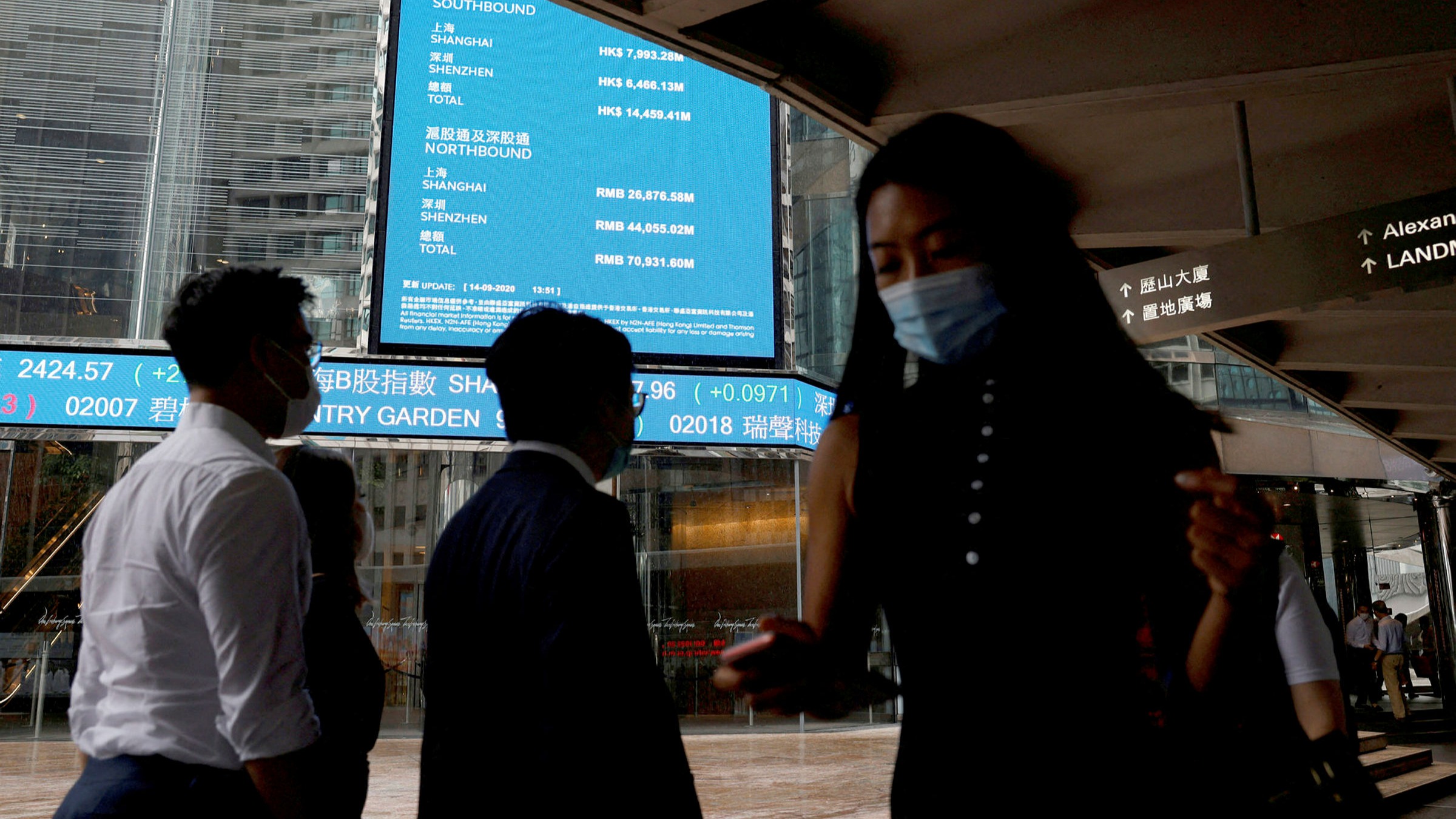How to get started trading futures in HK

Are you looking to start in futures trading, and what steps do you need to take? You may have heard of the countless success stories emerging from this lucrative practice but have yet to plunge. Hong Kong is one of the world’s leading financial centres, offering excellent opportunities for those interested in commodities trading – metals, energy, or agriculture products – and other derivatives such as stock index futures.
There has never been a better time to get into the game and learn how to trade futures in Hong Kong. This article will introduce everything beginners need to know about beginning their journey into this enriching activity.
Understand the basics of futures trading and the different types of contracts available in HK
Futures trading can be a valuable tool for investors seeking to leverage their positions and manage risks. In essence, futures trading is buying or selling a contract that commits the parties involved to a future transaction, with the price and delivery date already set. In Hong Kong, investors can access various futures contracts, including equity futures, commodity futures, currency futures, and index futures.
Each of these contracts operates on a slightly different basis, and investors should take the time to familiarise themselves with the nuances of each type before deciding on a trading strategy. Ultimately, futures trading can be a powerful way to put your money to work, but it’s essential to understand the basics and carefully weigh your options before diving in. For example, Saxo Hong Kong has an excellent guide to futures trading that can help you get up to speed.
Research the different brokers and platforms to find one that suits your needs
Once you’ve familiarised yourself with the different types of futures contracts available in Hong Kong, it’s time to start looking for a broker and trading platform that suits your needs. Choosing a brokerage firm from the hundreds of options out there can be daunting, but luckily there are plenty of online reviews and comparison websites to point you in the right direction.
When researching brokers, it is essential to ensure they are accredited by the Securities & Futures Commission (SFC) – this will guarantee their reliability and provide some peace of mind. After selecting a broker, research their trading platforms and features, such as charting tools, which can help traders quickly and easily identify trends or opportunities in markets quickly and easily.
Set a budget for yourself and determine how much capital you can invest
It is crucial to ensure a budget when beginning to trade futures. The amount of capital available to invest will largely determine which strategies are available and the associated risk level. When setting your budget, it’s also essential to factor in any trading costs, such as margins and commissions.
When setting a budget, it is essential to remember never to invest more than you can afford to lose – think long-term and only commit to what you feel comfortable with. Additionally, don’t forget about other costs, such as maintenance fees or account management fees for platforms which offer access to professional fund managers who provide tailored advice on the best strategies for each investor.
Learn about the different strategies involved with trading futures and practice them using a demo account
Once you have determined your budget and opened an account with a broker, it’s time to start learning about the different strategies involved in trading futures. There are numerous options for traders, such as spreads, scalping and hedging, each with unique risks and rewards.
It is essential to understand these strategies before jumping headfirst into live trading. Luckily many brokers offer online resources and educational materials to help newcomers get up to speed quickly. Practising paper trading on a demo account is also a good idea so you can test out different strategies without risking any real money.
Read up on market news for insight into current conditions
It is crucial to keep abreast of the latest news and economic developments that can affect the price of futures. Whether it’s a current event or an announcement by a central bank – these events often have implications for traders and can give insight into current market conditions.
It is also wise to stay tuned to industry news, such as changes in regulations or new products offered by brokers. Keeping up with all these factors will provide invaluable insights into how markets are shifting and what strategies may be most appropriate in different situations.
Open an account with your chosen broker and start trading
Once you have familiarised yourself with the ins and outs of trading futures in Hong Kong, it’s time to take the plunge. Open a live account with your chosen broker and deposit funds into it so you can begin trading.
It is always wise to start slowly and only risk what you are comfortable with. Make small orders and build up as you gain confidence in your trades. Remember to stay informed about market developments – this will help you make well-informed decisions when trading futures.




